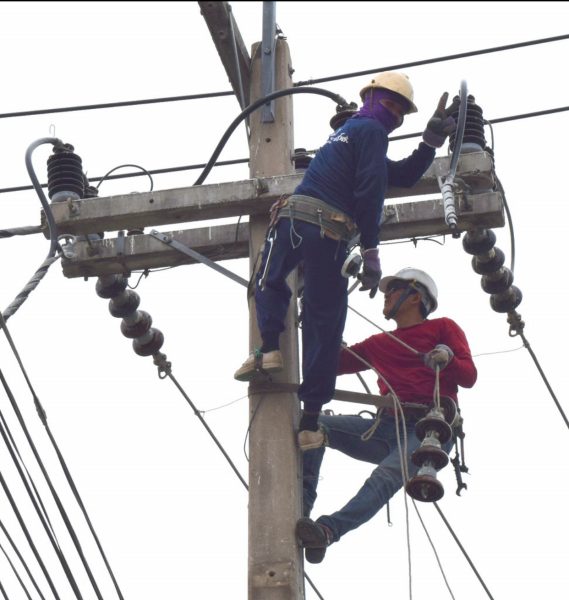USAID Nomination Called into Question
Asylum seekers from Central America crossing the Paso del Norte International Bridge, in Ciudad Juarez, Mexico. One of Ms. Power’s priorities will be to target corruption, violence, and poverty in the region.
Samantha Power, a former UN ambassador, cleared a crucial procedural hurdle in the US Senate on Thursday in order to become the new director of the US Agency for International Development (USAID), which manages American foreign assistance operations around the world.
Ms. Power’s appointment to be the agency’s director was advanced by a voice vote with bipartisan support in the Senate Foreign Relations Committee.
“Upon confirmation, I trust that she will appropriately prioritize and elevate this indispensable and often overlooked development arm of US foreign policy,” said Democrat Bob Menendez, the committee chairman before the vote. “This nomination comes before the committee at a crucial time in the agency’s tenure.”
Menendez commented that “USAID will play a crucial role in directing the US response to some of the most important issues of our time, including Covid-19, global forced migration and climate change, and human and resource-driven conflicts.”
Ms. Power’s appointment by President Joe Biden lends considerable star power to a vital organization that is often treated as an afterthought in D.C.
Following the Trump administration’s repeated attempts to cut foreign aid, President Biden hopes to strengthen the position of US aid.
“Upon confirmation, ambassador Power will also be charged with strengthening a weakened agency,” said Mr. Menendez. “The past four years have taken their toll on USAID.”
Ms. Power’s background as a former US ambassador to the United Nations and a special assistant on the National Security Council under former President Barack Obama makes her an exceptionally high-profile candidate for the position of Director of USAID.
Although USAID has no place in US military affairs, her outspoken support for American military intervention for humanitarian purposes, as well as her record on Israel, drew Republican fire during her confirmation hearing last month.
Republican Senator Rand Paul of Kentucky grilled her on her support for former President Barack Obama’s decision to lead a Nato intervention in Libya’s civil war, which resulted in Muammar Qaddafi’s removal and death.
During her final months as ambassador, another Republican, Ted Cruz of Texas, put Ms. Power on the defensive over the Obama administration’s decision not to use the United States’ veto power to stop a UN resolution condemning Israeli settlements in the West Bank.
Ms. Power also backed up Mr. Biden’s reversal of the Trump administration’s last-minute decision to label Yemen’s Houthi rebels as a terrorist organization and backed calls for human rights investigations in Ethiopia’s Tigray area during her hearing.
While some will doubt Ms. Power’s ability to do the job for which she has been nominated, many people believe she will rise to the occasion. However, only time can tell whether she can or cannot, but with so many people behind her, she knows she is more than qualified for the job.











